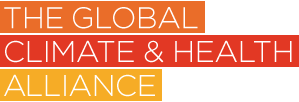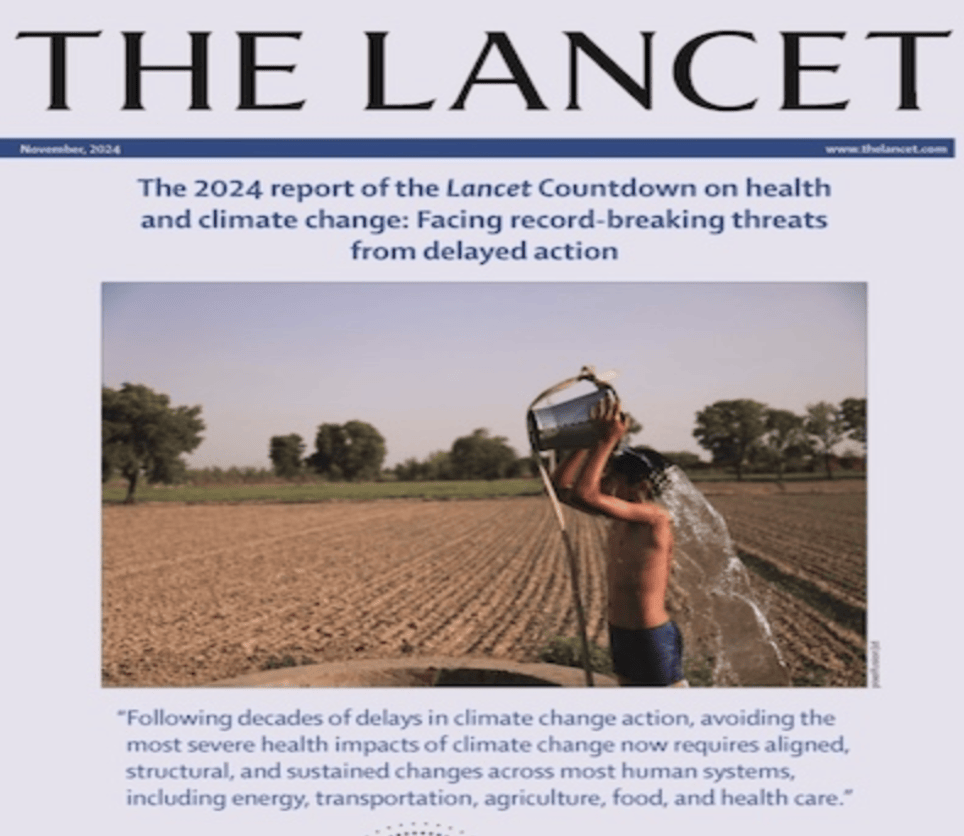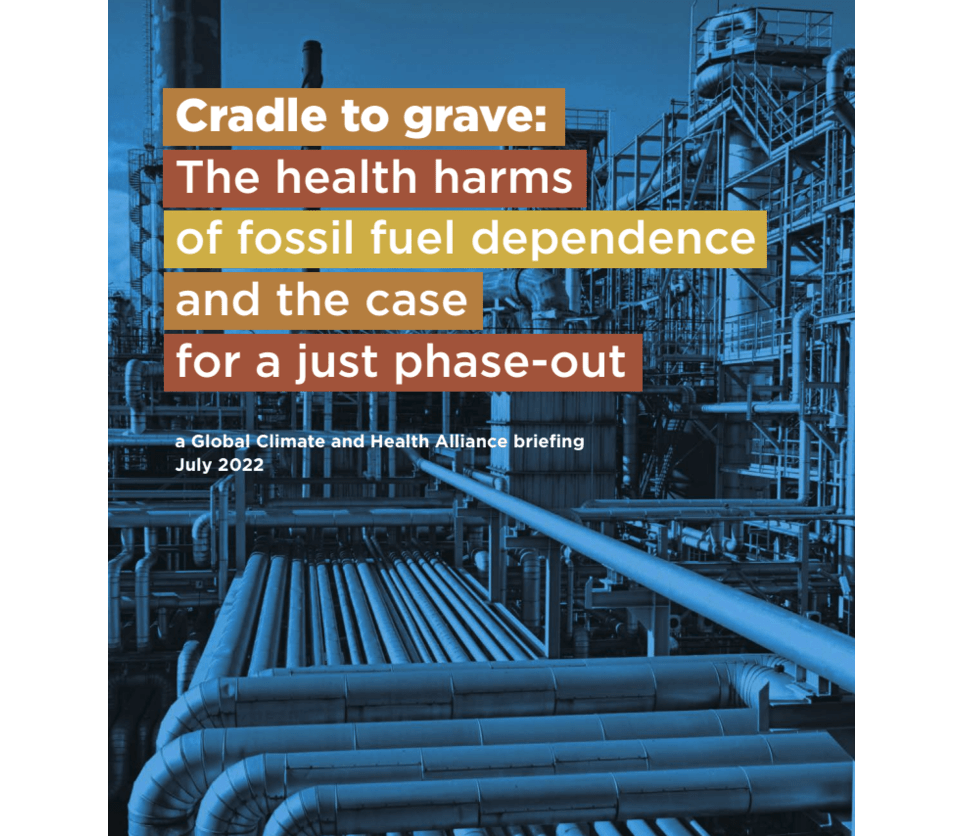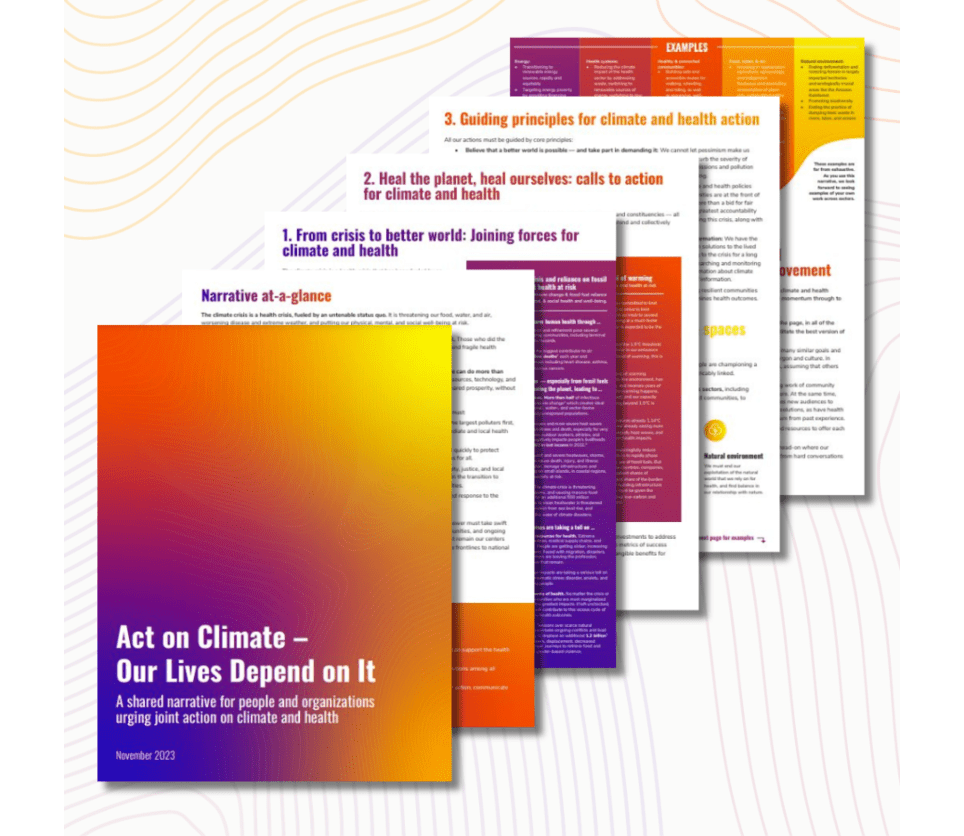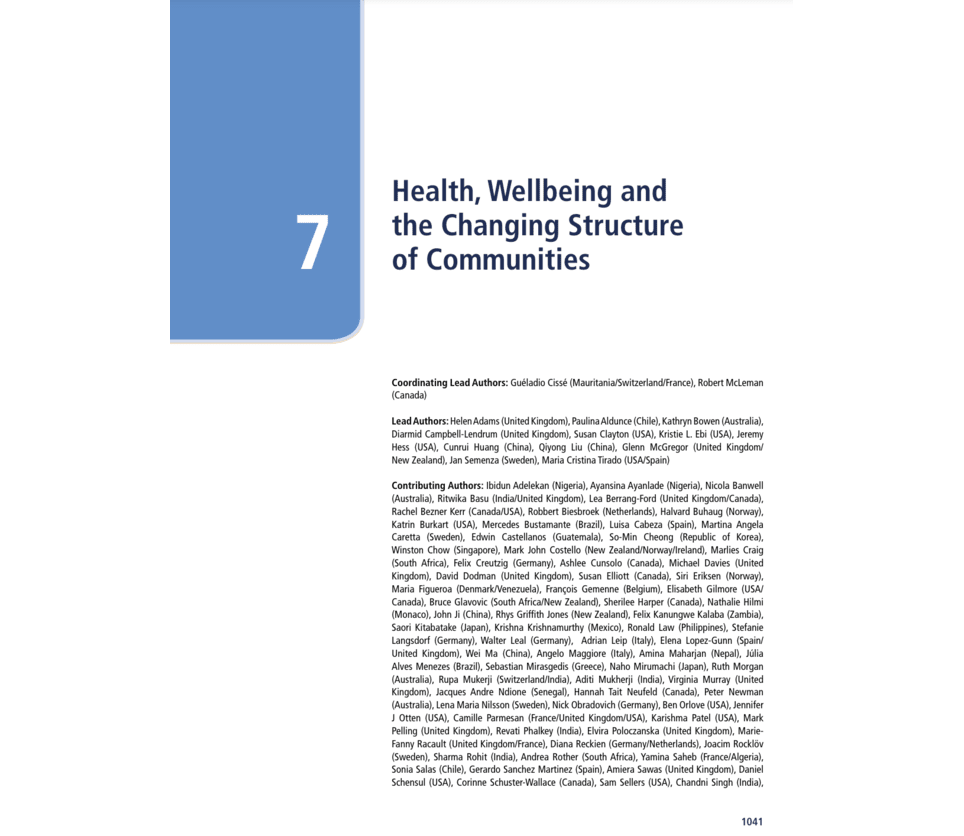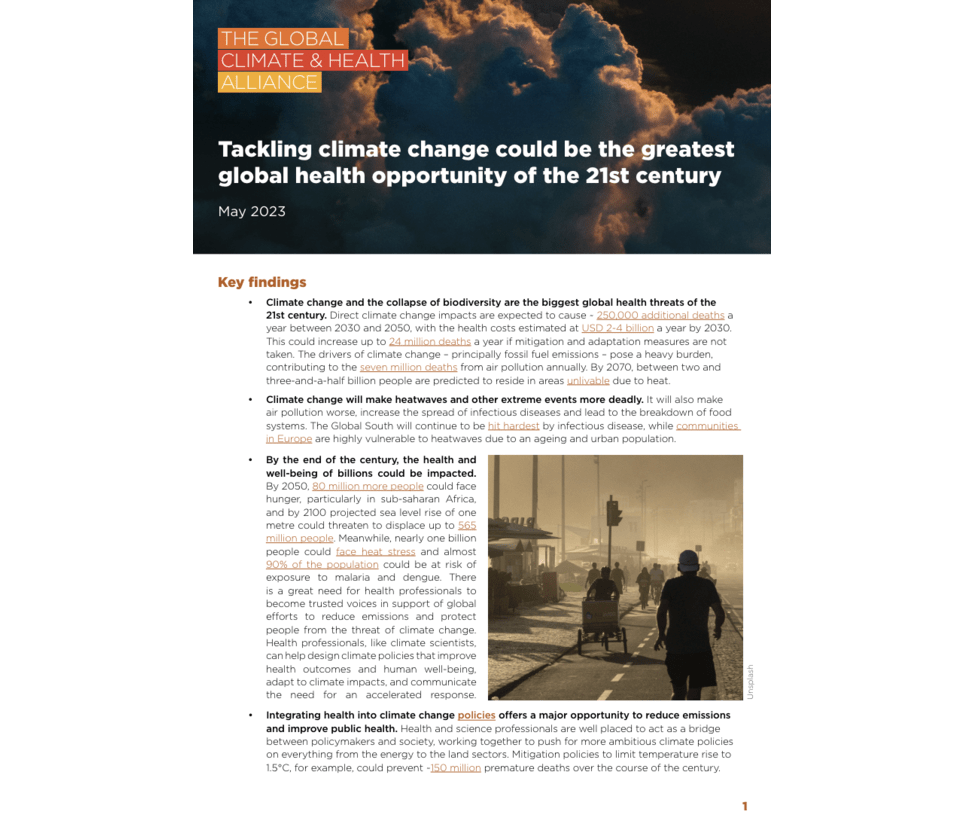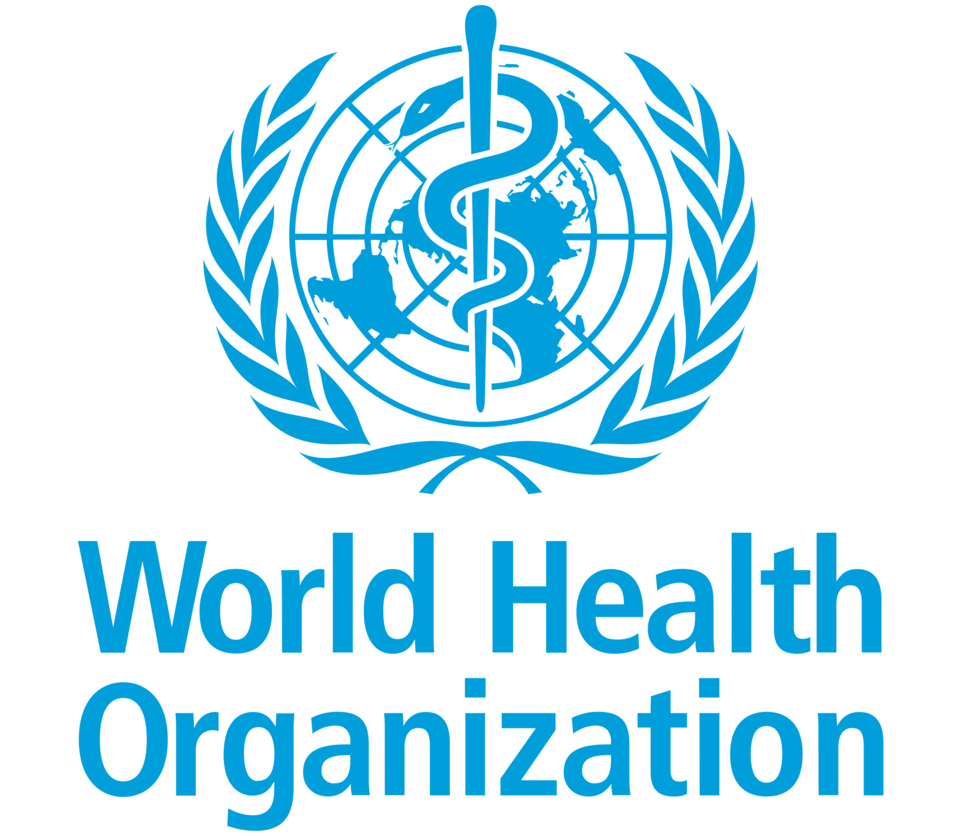The Climate Crisis and Health: Key facts 2024
Photo credit: 2Photo Pots on Unsplash
The climate crisis is a health crisis.
Every day, and in every country, the health of people is being compromised by the climate crisis. From babies in the womb to the elderly, the climate crisis is affecting the mental, social and physical wellbeing of all members of our families at every stage of their lives, and defining the health of our children as they grow.
Our health systems are underprepared and are buckling under the weight of the huge burden of health issues that the climate crisis is exacerbating. They simply cannot keep up with the alarming rate at which the health impacts are being experienced, and governments are having to foot the bill, spending billions responding to this ever growing crisis.

Photo credit: Milind Ruparel on Unsplash
Fossil fuels are the single biggest contributor to air pollution and greenhouse gas emissions globally.
Our global dependence on fossil fuels is driving the climate crisis. The fossil fuel industry is the biggest contributor to greenhouse gas emissions which are dangerously heating the planet and exacerbating the climate crisis. Fossil fuels such as coal, oil and gas are responsible for over 75% of global greenhouse gas emissions globally.
Air pollution levels are alarmingly high. 99% of people globally now breathe toxic air and air pollution is now responsible for one in nine deaths worldwide. Air pollution causes 7 million deaths a year, exacerbates heart disease, stroke and chronic respiratory issues, affects the growth and development of babies in the womb, and increases the risk of cancer, diabetes, cognitive impairment and neurological diseases.

Photo credit: Ravi Sharma on Unsplash
The climate crisis is impacting our health both directly and indirectly in a multitude of ways, and the health impacts of the climate crisis are getting worse each year.
Extreme weather events like floods, heatwaves and hurricanes are increasing in scale, frequency and intensity and causing injury, illness, death and displacement. Food, water, and vector borne disease transmission, such as malaria, cholera, dengue fever, and Lyme disease, are on the rise and the climate crisis is influencing how pathogens develop and travel.
Food and water systems are being disrupted by heat and drought as well as by flooding and warming seas, leading to undernutrition, food insecurity and contamination. Growing wildfires cause acute air pollution exposure, resulting in injuries and deaths, and destroy people’s homes.
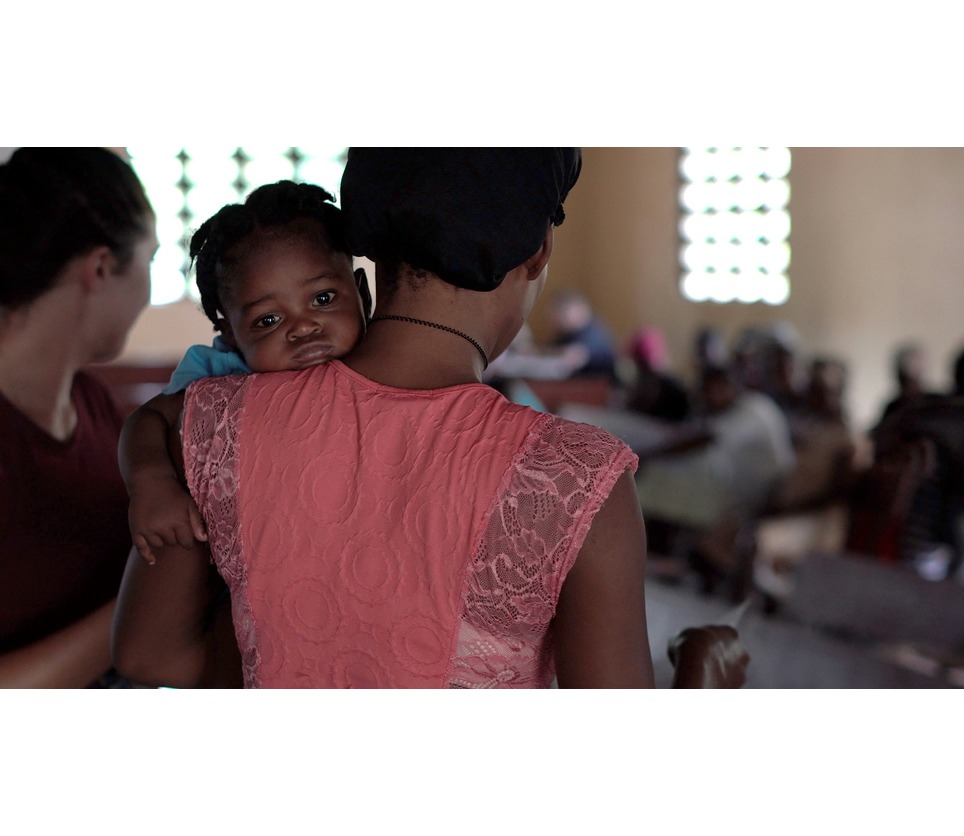
Photo credit: TopSphere Media on Unsplash
Actions to limit and respond to the increasingly severe impacts of the climate crisis are a ‘win-win-win’, with major co-benefits for health.
We have a huge opportunity to improve humanity’s health and wellbeing and global equality when implementing climate solutions. 80-90% of health outcomes are determined by factors other than medical care such as access to healthy diets and physical activity, safe housing, community, and air and water quality. The climate crisis threatens many of these factors, but measures to limit and respond to the climate crisis have many co-benefits for health.

Photo credit: Chanan Greenblatt on Unsplash
It’s not too late to turn the tide on the climate crisis and redefine our health.
Transformational change across industries has the potential to define the health of generations. A healthier future for us all is possible, but time is running out.
We are at a crossroads. If we continue down the path of climate destruction, we face a future of increased food insecurity, disease, devastating weather events and poor health outcomes. However, if we change course we have a unique opportunity to improve the health of our families for generations to come and to build better, more equal societies, with cleaner air, more nutritious food and more resilient health systems.
The opportunity, and the necessity, of bold ambitious action that turns the world in the direction of a stable, sustainable, healthy future remains, but we need to change course soon. By taking action now, rather than simply avert catastrophe, we can achieve a better world for everyone.

Photo credit: Christian Bowen on Unsplash
Key resources
Lancet Countdown report (2024)
This report tracks the relationship between health and climate change across five key domains and 56 indicators. Previous year reports can be found here.
Cradle to grave: The health harms of fossil fuel dependence and the case for a just phase-out (2022)
This GCHA briefing outlines the impact of fossil fuel extraction, production and combustion on human health, the role of subsidie, and solutions to achieve fossil fuel phase-out across sectors.
Climate x Health narrative (2023)
This narrative was developed with GCHA input to accelerate joint action on climate and health, shaped with insights and input from 50+ organizations.
IPCC Sixth Assessment Report- chapter on health (2022)
Chapter 7 of the report, ‘Health, Wellbeing and the Changing Structure of Communities’, examines the impacts and projected future risks of climate change for health, well-being, migration and conflict.
GCHA Climate and Health Briefing (2023)
This GCHA briefing outlines how and why tackling climate change could be the greatest global health opportunity of the 21st century and provides links to key latest research.
WHO Climate Change webpage
The WHO climate change webpage contains a range of information, fact sheets, resources and publications on the health impacts of climate change.
